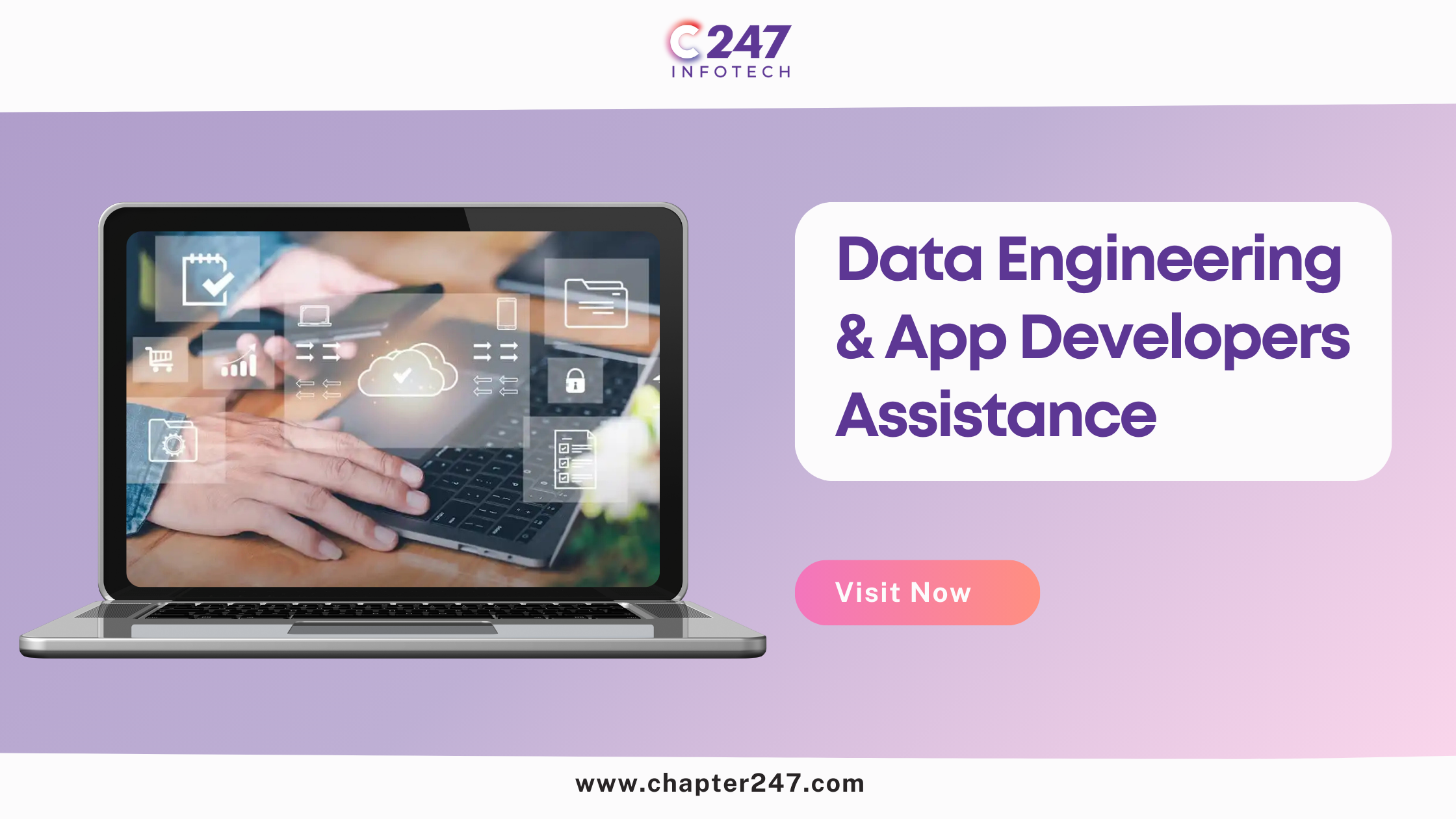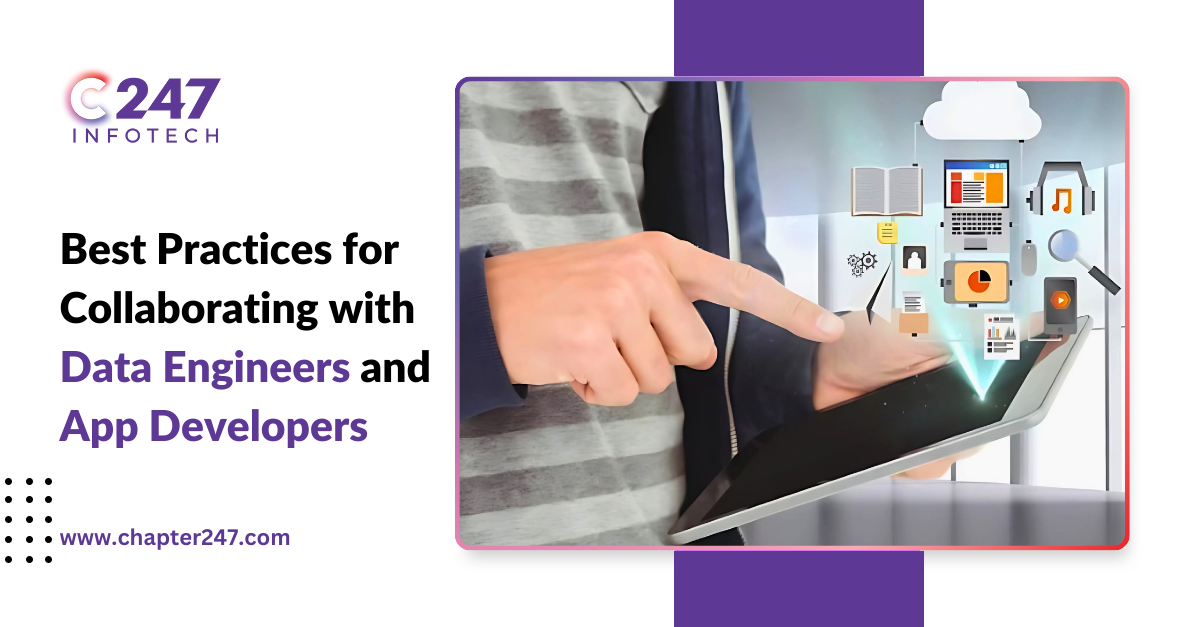It goes without saying in the modern digital environment that there must be collaboration between data engineers and app developers. These experts form the backbone and the MT interface of contemporary technology. Working together may not be an easy thing to do without good practices. Miscommunication and delays are common for teams that are not on the same page. Through doing an easy and dignified way of working together on projects becomes easier and outcomes more successful.
Say the Same Words
Communication is hard when dealing with Data engineers/app developers. They tend to use code or technical words that sound confusing. Take time to learn their language and ask questions when you’re not sure. Set goals early so that there are no misunderstandings later. A little learning can help a lot towards building trust and better teamwork. Additionally, the global datasphere will reach an incredible 175 zettabytes in a few years. Moreover, by 2027, it is expected to soar to an astounding 491 zettabytes, according to the most recent IDC insights.
Define Clear Roles Before Starting
It saves energy and time to know who does what. Storage and processing are performed by a data engineer, with developers building user-facing features. Don’t assume responsibilities overlap. What are the roles in the first meeting? This way, no one feels overwhelmed or lost. Becoming clear with roles helps ensure a project runs smoothly and deadlines are kept without any confusion or duplicated effort.
Keep Feedback Quick and Friendly
Getting feedback is essential, but how and when you give it is more important. Never be mean, give feedback promptly, and not only when things have gone wrong. The prompt suggestions avoid minor problems from developing into big problems. Laugh off their mistakes (while pointing out), even appreciating their efforts. Feedback delivered with respect establishes a stronger bond and develops the given project more quickly.
Respect the Process and Timeline of Each Other
Data engineering and app design do not always move together at a steady pace. Occasionally, one team completes its part before the other is ready. That’s okay. Do not pressure them; believe in their expertise. They use structured methods for a reason. Hurry them up or try to change suddenly, and you can ruin the flow and produce unwanted mistakes in the end.
Use the Same Tools and Platforms
When everybody is working the same system, things are working a lot smoother. Select tools that all teams are familiar with. Co-located platforms bring less confusion and more updates. Whether it’s a dashboard, or spreadsheet, or a GitHub page, make sure it’s usable. One shared tool is your common ground.
Celebrate Wins Together
Completing a project is incredible, but don’t wait until the end to celebrate. Even small achievements deserve recognition. When you see a feature working – when a dataset cleans, tip your hat and feel good. It boosts morale and reminds all of them that you are all on the same side. Shared success produces better relationships and makes future work more enjoyable.
Keep Being Interested in What You’re Doing for Each Other
You don’t have to be the next rockstar coder or data wizard, but stay curious. Want to know how something is made or why it has the design it does? Longing for this love shows willingness and allows you to comprehend their options. Curiosity fills the gap between teams and converts the project into a shared learning path rather than separate jobs.
Prepare for Changes & Challenging
Project businesses typically are not what they were influenced together. Data can change, tools break, and features get messed up. Rather than finger-pointing, let’s fix. Keep calm and adaptable amid changes. Being solution-focused benefits everyone by moving that much quicker. Tech problems are to be expected, and when you can adapt, you prove your professionalism and become a good teammate.
Set Regular Check-Ins, Not Just Deadlines
Don’t leave things to the final deadline to find out if things are working. Weekly check-ins to track progress and address minor issues. These meetings should be brief but beneficial. Maintain ongoing communication that no one is left in the dark, stuck or feels left behind. Regular updates keep your team on the same page and avoid the last-minute surprise or delays.
Conclusion
Better apps and wiser systems come from diligent work between data engineers and the app development crew. Knowing each other’s roles, being on schedule and working with the same tools can be the difference. When teams communicate openly and triumph in concert, the flow associated with the job becomes enjoyable plus productive. With these simple practices, collaboration with Chapter247 goes from just possible to exceptionally powerful for everyone.






